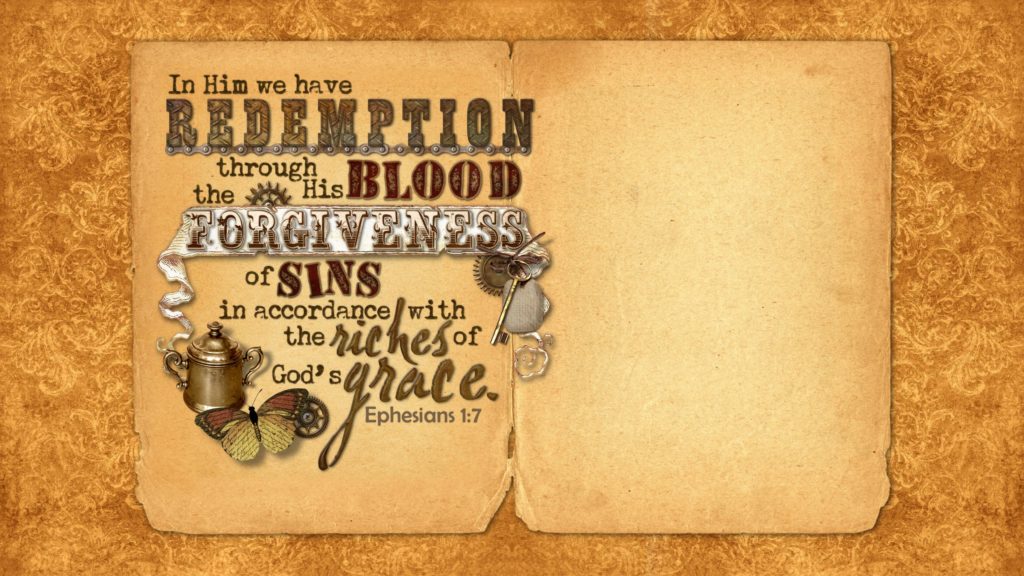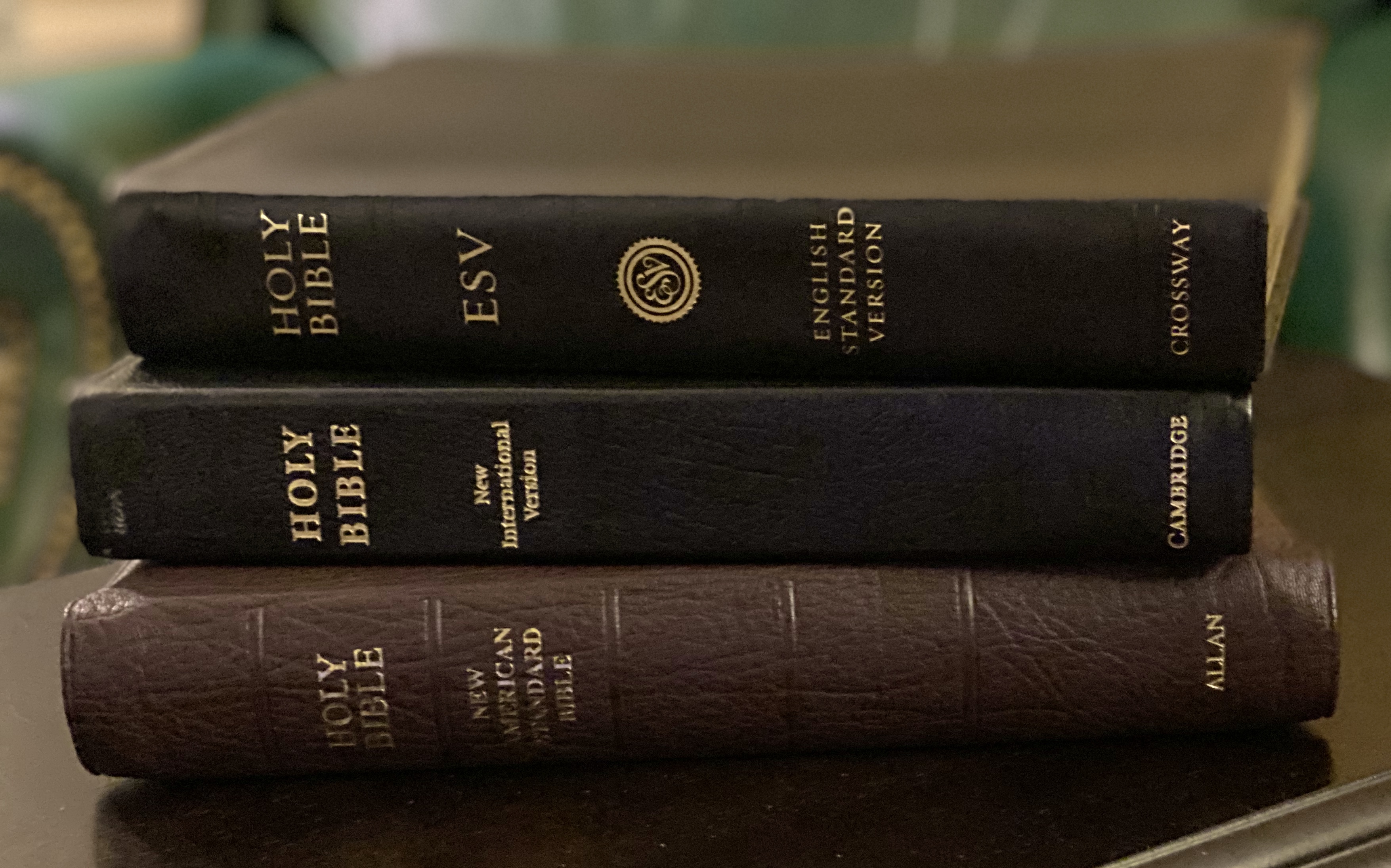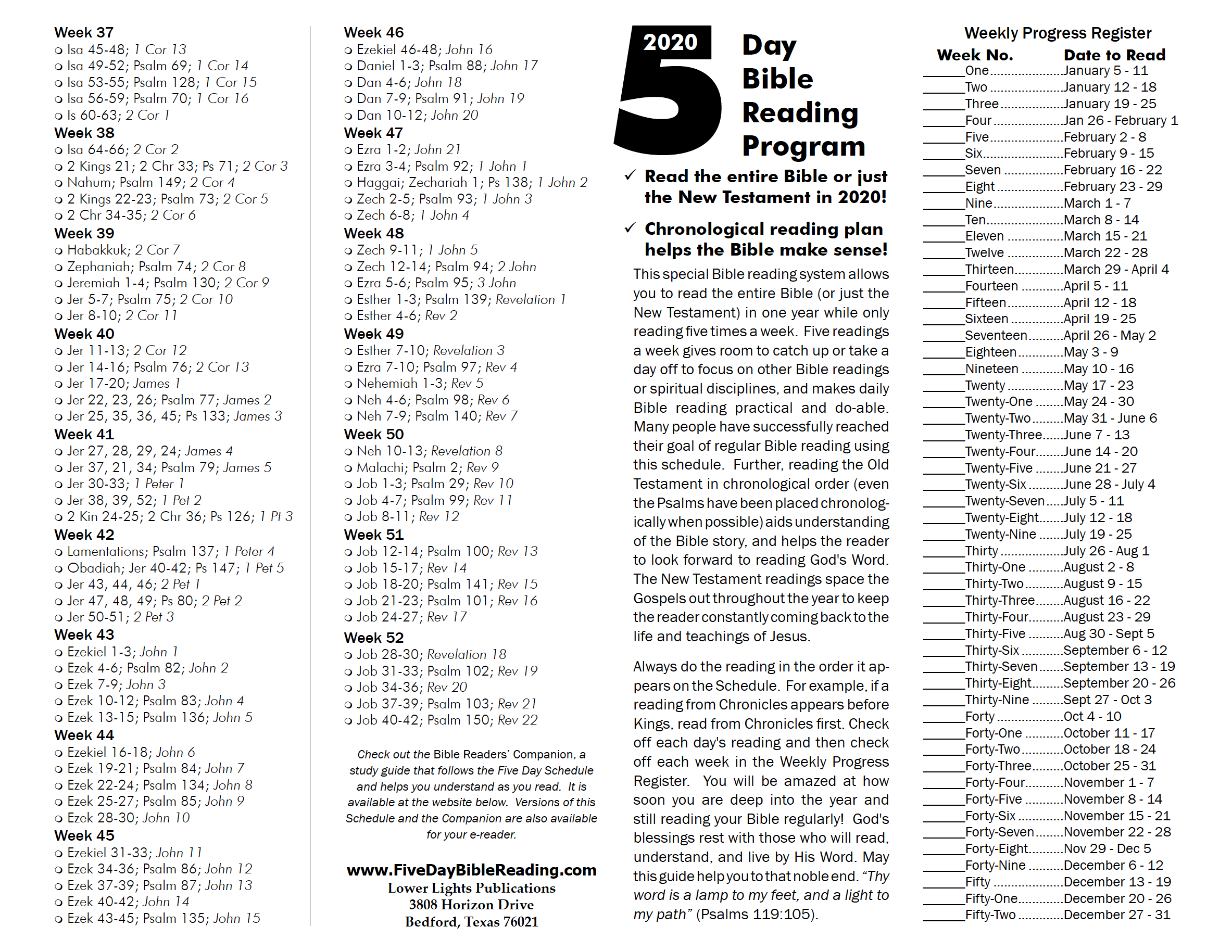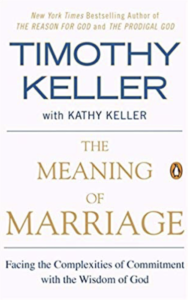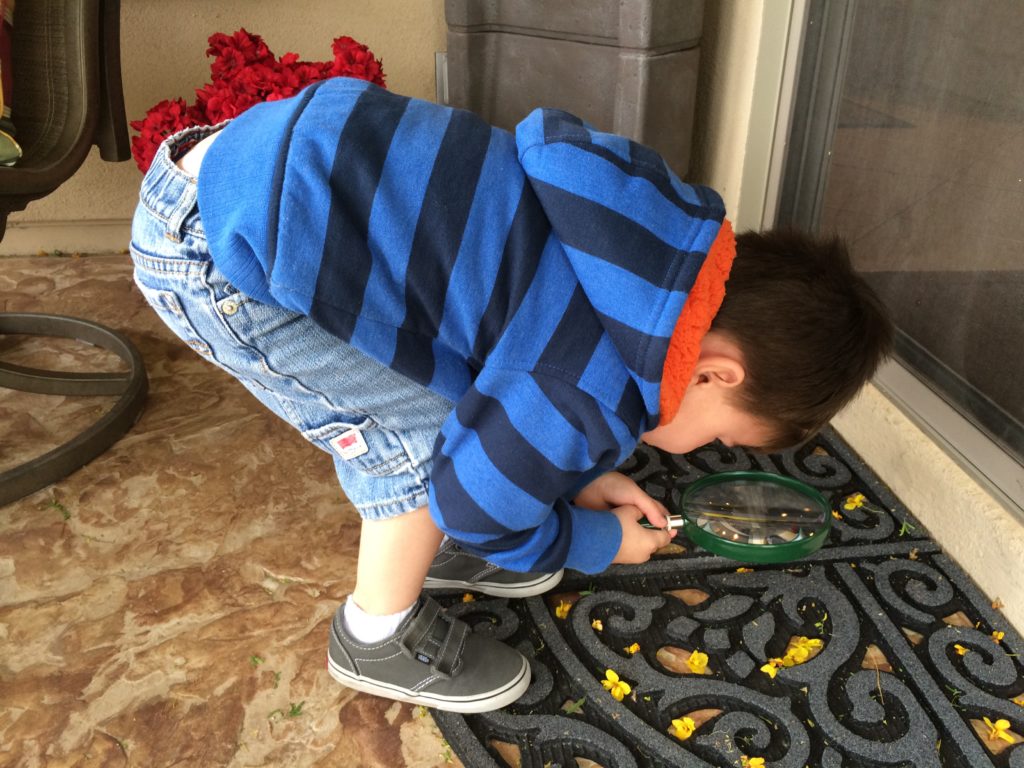
Biography, history, documentaries – true stories have always captivated me, whether it was studying an individual in school or reading in my free time.
I was reminded of this again over the last few days, as I prepared to teach Church History for a group of indigenous pastors on an upcoming trip.
There is a wealth of wisdom to be found in the biographical stories of people who lived in previous centuries.
Modern man tends to live with a very short attention span and lacks an appreciation for the hundreds (if not thousands) of years that have gone before us (30, 60, or 90 years seems like ancient history to many people).
Do you know the story of Polycarp, the aged Bishop of Smyrna?
Here’s a brief overview of his life:
Polycarp lived in the first and second centuries (69 – 156 AD).
He lived during the most formative era of the church, at the end of the age of the apostles, when the church was making the critical transition to the second generation of believers.
Tradition has it that Polycarp was personally discipled by the apostle John and he was appointed as bishop of Smyrna (what is now modern-day Izmir, Turkey). He served as Bishop for 50 years.
His only existing writing is “The Letter of Polycarp to the Philippians.” (110 AD)
In this letter we see a deep pastoral concern for the Philippian believers, as well as great familiarity with the New Testament documents. He urged faithfulness in the face of persecution.
His Letter to the Philippians was a significant foundation of early Christian literature, establishing the role of the Apostle Paul and referencing the existence of other texts of the New Testament.
When Polycarp was 86, the proconsul tried to get him to renounce Christ by saying,
“I have wild animals here; I will throw you to them if you do not repent.”
“Call them,” Polycarp replied. “It is unthinkable for me to repent from what is good to turn to what is evil.”
The proconsul then said, “If you despise the animals, I will have you burned.”
To which Polycarp said, “You threaten me with fire which burns for an hour, and is then extinguished, but you know nothing of the fire of the coming judgment and eternal punishment, reserved for the ungodly. Why are you waiting? Bring on whatever you want.”
Finally, the proconsul said,
“Take the oath [i.e. worship Caesar alone and renounce Christ], and I shall release you. Curse Christ!”
Polycarp responded,
“Eighty and six years have I served him, and he has done me no wrong; how then can I blaspheme my King who saved me?”
Tradition has it that Polycarp died by being bound and burned at the stake, then stabbed when the fire failed to consume his body.
Polycarp was martyred for his faith. His execution was recorded by eyewitnesses.
“There were others who were tortured, refusing to be released so that they might gain an even better resurrection. Some faced jeers and flogging, and even chains and imprisonment. They were put to death by stoning; they were sawed in two; they were killed by the sword.
They went about in sheepskins and goatskins, destitute, persecuted and mistreated— the world was not worthy of them. They wandered in deserts and mountains, living in caves and in holes in the ground.
These were all commended for their faith, yet none of them received what had been promised, since God had planned something better for us so that only together with us would they be made perfect.” (Hebrews 11:35-40 NIV)
For Further Reference:
https://christianhistoryinstitute.org/study/module/polycarp
https://christianhistoryinstitute.org/incontext/article/polycarp-testimony
